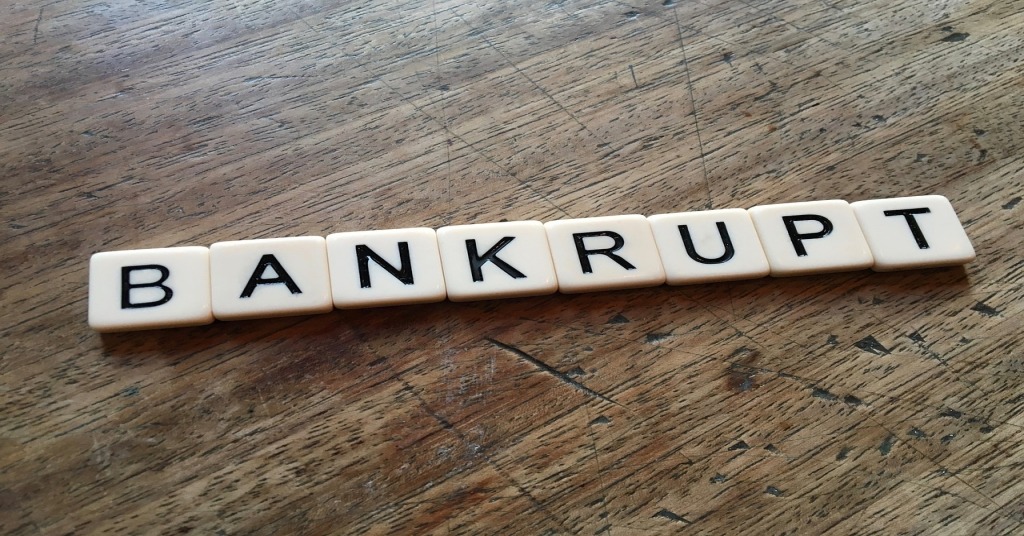
Carolina d’Arbelles-Valle
Content Writer
There are several paths to achieve freedom from debt. Bankruptcy should always be a last resort, but there are times when it makes sense. Repairing your credit score is not one of them. Instead, look into debt consolidation for bad credit repair. Bankruptcy is for more extreme situations.
It’s important to know there are two types of bankruptcy. Chapter 7 is when you use personal or business assets to pay the debt you can afford to pay. The remaining unsecured debt can then be discharged. Chapter 13 bankruptcy, which is common for overextended businesses, is a debt restructuring program. The court can help you set up a 3 to 5-year plan to pay off your debts.
Review the scenarios below to determine whether bankruptcy makes sense for you.

When does filing bankruptcy make sense? Source: pixabay.com
Overwhelming small business debt
Small businesses sometimes fail. The structure of the business and your personal financial commitment can leave you with a pile of bills to pay when the doors close. Thankfully, you have the option of filing a Chapter 13 bankruptcy to restructure that debt and potentially save the business before it fails. You can also file Chapter 7 and have some of your debt discharged.
Health crisis with high medical bills
Bankruptcy is a sensible option for people with debts they can’t afford to pay. Medical bills that pile up during a health crisis are a good example. Once you hit a certain level of medical debt, it makes more sense to file bankruptcy to protect yourself rather than attempting to pay what you can’t reasonably afford in your lifetime. It won’t cure your ailment, but it will relieve the financial pressure.
Debt from extended unemployment
This is a common situation coming out of the 2020 Covid-19 pandemic. Many people around the world were unemployed last year for extended periods, some for several months. Debt piles up in those circumstances, even with government enhancements and subsidies. As the world reopens, you may want to file bankruptcy to get a fresh start.
Lawsuits when you don’t have liability insurance
Service providers and medical professionals have liability insurance to protect them from lawsuits. Individuals who do not have liability insurance may need to file bankruptcy to protect themselves. Losing a lawsuit could subject you to a financial liability you simply cannot afford to pay. Ask your attorney if a bankruptcy filing can eliminate that possibility.
Divorce or employment separation
We put these in the same category because the impact of divorce and job separation are similar. Both involve a major life change. The two also result in lost income. In a divorce, you may need to pay child support or alimony, but you keep your job. With employment separation, you lose the income. Unemployment can help, but you may still struggle with debt, in which case bankruptcy may be the best choice.
The bottom line: bankruptcy is not always bad
These are just a few of the scenarios where bankruptcy is a sensible option. There are others, so stay open-minded to using Chapter 7 or Chapter 13 as an option if you find yourself struggling to pay your debts. Think of it as a restart, not an end to the story. Once your bankruptcy plan is completed, you’ll be debt-free.
SEE ALSO:









